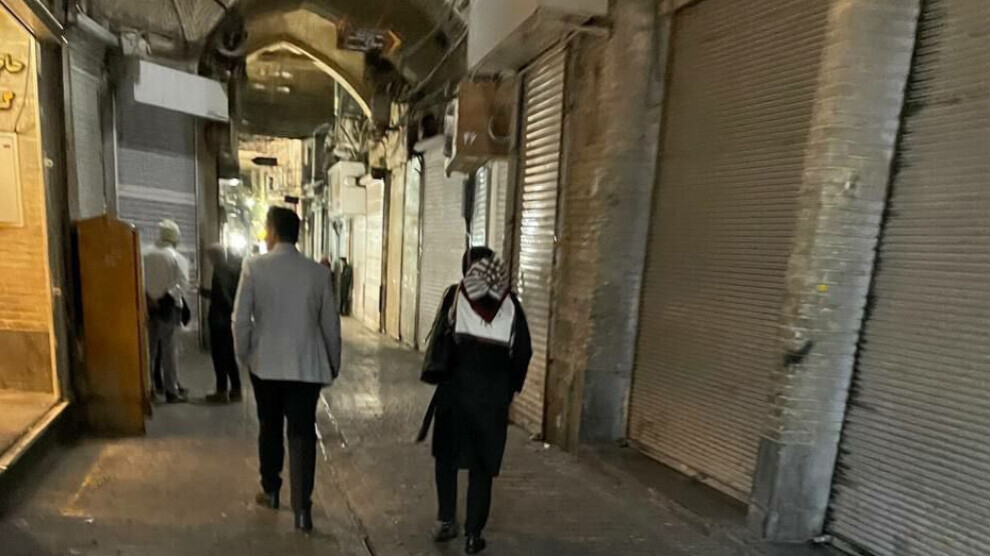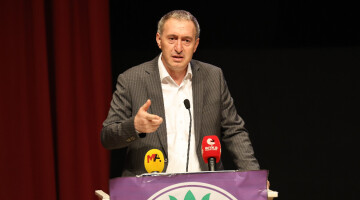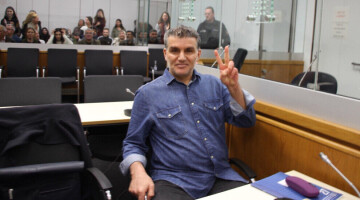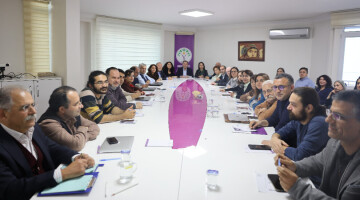The revolutionary movement in Iran and Eastern Kurdistan (Rojhilat) has called for a general strike, which is to culminate in protests at a public appearance by President Ebrahim Raisi. The strikes started on Monday and are expected to last until Wednesday, activists announced in several calls on the internet. Raisi is scheduled to visit Tehran University on Wednesday for Iranian Students' Day.
For the "14-15-16 protests" - the numbers are the dates in the Persian calendar month of Azar - a strike of traders and a three-day boycott of all economic activity was called for. Shops are to remain closed and purchases avoided, thus preventing any circulation of money in the Iranian banking system. The Kurdish human rights organisation Hengaw showed videos from Rojhilat showing almost deserted streets and closed markets, shops and bazaars in inner cities. In more than twenty Kurdish cities, traders and bazaars are taking part in the strikes. Across the country, more than 50 cities are on strike.
Similar calls led in recent weeks to an intensification of the popular uprising that has gripped the country since the death of 22-year-old Jina Mahsa Amini. The Kurdish woman had been the victim of a state femicide in police custody in mid-September. The morality police had arrested her for allegedly violating the Islamist regime's dress code.
There was also an appeal on the web to target members of the "Basij" paramilitary militia on motorbikes, who have been instrumental in the violent suppression of the revolutionary movement. In recent weeks, demonstrators have mainly relied on the tactics of dumping oil on the streets and erecting barricades to impede the advance of the "Basij" - with success.
Since the beginning of the popular uprising in Iran and Eastern Kurdistan, human rights groups estimate that nearly 500 demonstrators have been killed, including at least 64 children. In addition, thousands of people have been arrested in recent months, some of whom have already been sentenced to death by revolutionary courts for "war against God".












